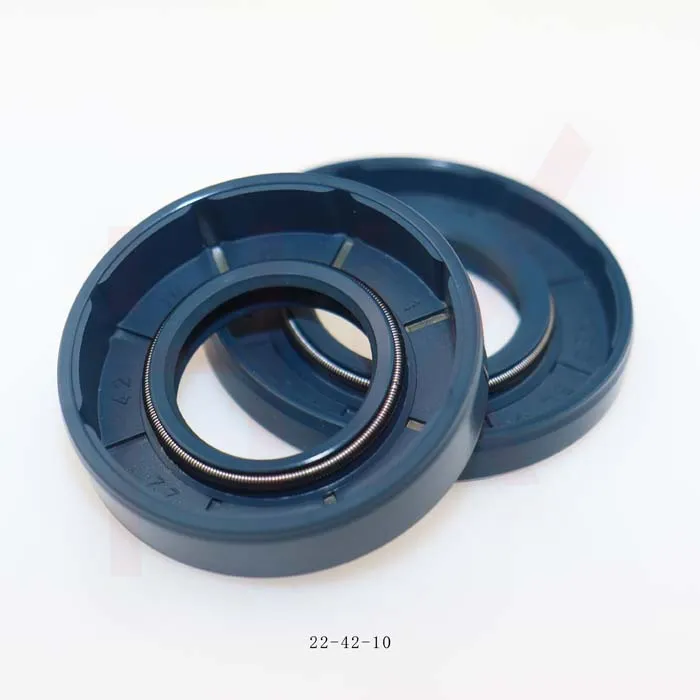ਨਵੰ. . 17, 2024 20:16 Back to list
High-Performance Oil Seals for Extreme Temperature Applications
Understanding High Temperature Oil Seals
High temperature oil seals are essential components in various mechanical systems, especially those that operate in demanding environments. These seals play a critical role in ensuring the integrity of machinery by preventing oil leakage, thereby minimizing maintenance costs and ensuring operational efficiency. With the rise of industrial applications and high-performance machinery, understanding the importance and functionality of high temperature oil seals is crucial.
What Are High Temperature Oil Seals?
High temperature oil seals, also known as high heat oil seals, are designed to withstand elevated temperatures while providing effective sealing capabilities against lubricants and fluids. Typically made from advanced materials such as fluorocarbon rubber (FKM), silicone, or specially formulated thermoplastics, these seals can endure operating temperatures that may reach up to 250°C (482°F) or even higher. Their unique compositions allow them to maintain elasticity and resilience, which are vital for effective sealing under high thermal conditions.
Applications of High Temperature Oil Seals
The application of high temperature oil seals spans various industries, including automotive, aerospace, manufacturing, and chemical processing. In automotive engines, for example, oil seals are positioned around rotating shafts to prevent oil from leaking out of the engine. In aerospace applications, these seals are utilized in gearboxes, turbines, and fuel systems where both high temperatures and extreme pressure are prevalent.
Similarly, in manufacturing processes, machinery often operates under high loads and temperatures, necessitating reliable seals to protect sensitive components from contamination and wear
. The chemical processing industry also relies on high temperature oil seals to handle aggressive fluids and maintain operational efficiency in reactors and pumps.high temperature oil seal

Key Features
1. Temperature Resistance As the name suggests, high temperature oil seals are primarily designed to withstand high temperatures. This feature is critical in preventing deformation and wear that could lead to failures.
2. Chemical Compatibility These seals must resist not only high temperatures but also various oils, lubricants, and chemicals. The ability to maintain integrity in the presence of harsh substances is essential for prolonged service life.
3. Durability High temperature oil seals are built to last, withstanding not just thermal stress but also mechanical vibrations and fatigue. They serve as a long-term solution, reducing the need for frequent replacements.
4. Versatility Different designs and sizes are available to cater to various applications. Customization ensures that specific industry requirements are met effectively.
Conclusion
High temperature oil seals are indispensable in maintaining the performance and reliability of various machinery operating under extreme conditions. Their ability to endure high temperatures and resist chemical degradation makes them critical components in numerous applications. As industries continue to evolve, the demand for advanced sealing solutions like high temperature oil seals is expected to grow. Understanding their functions and characteristics not only highlights their importance but also helps in selecting the right seals for specific applications, ultimately leading to improved machinery performance and reduced downtime.
-
TCN Oil Seal Metal Ring Reinforcement for Heavy Machinery
NewsJul.25,2025
-
Rotary Lip Seal Spring-Loaded Design for High-Speed Applications
NewsJul.25,2025
-
Hydraulic Cylinder Seals Polyurethane Material for High-Impact Jobs
NewsJul.25,2025
-
High Pressure Oil Seal Polyurethane Coating Wear Resistance
NewsJul.25,2025
-
Dust Proof Seal Double Lip Design for Construction Equipment
NewsJul.25,2025
-
Hub Seal Polyurethane Wear Resistance in Agricultural Vehicles
NewsJul.25,2025
-
The Trans-formative Journey of Wheel Hub Oil Seals
NewsJun.06,2025
Products categories
















